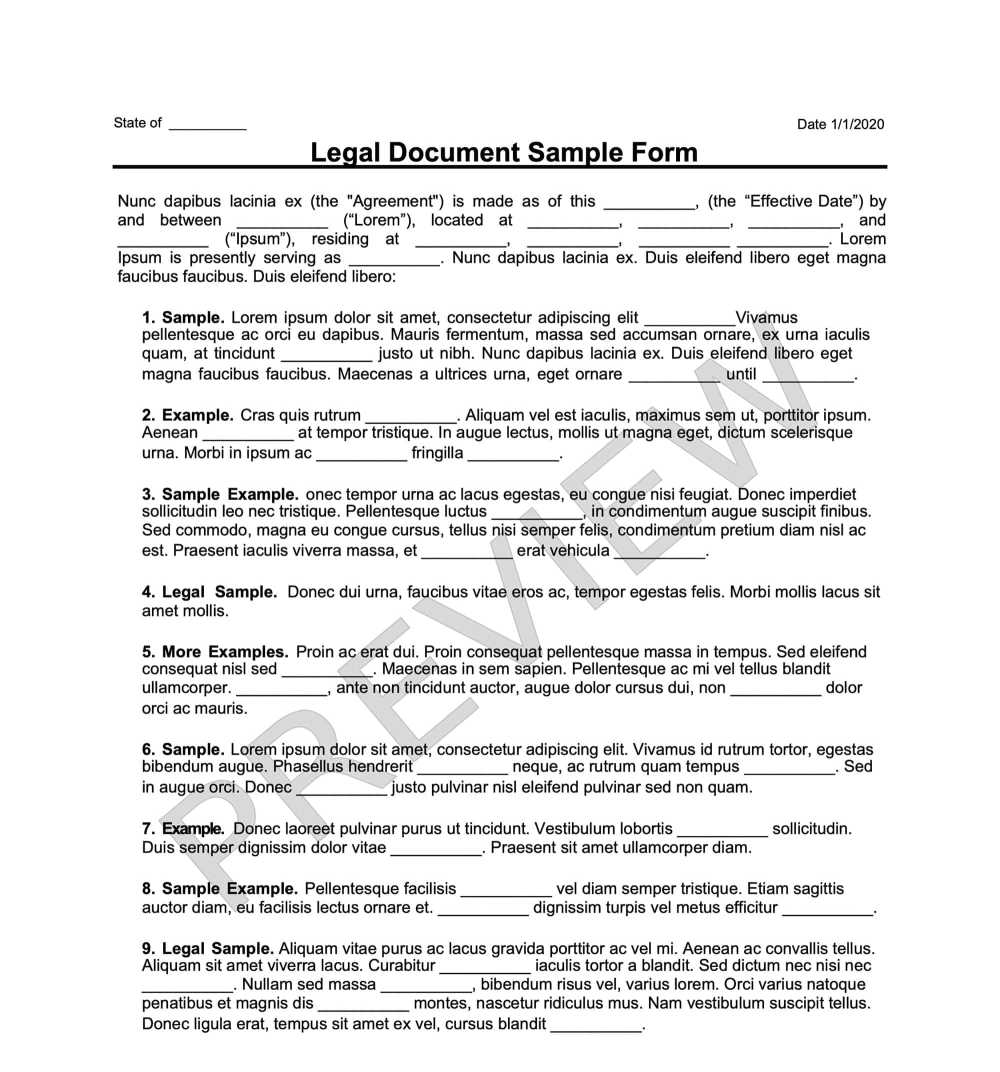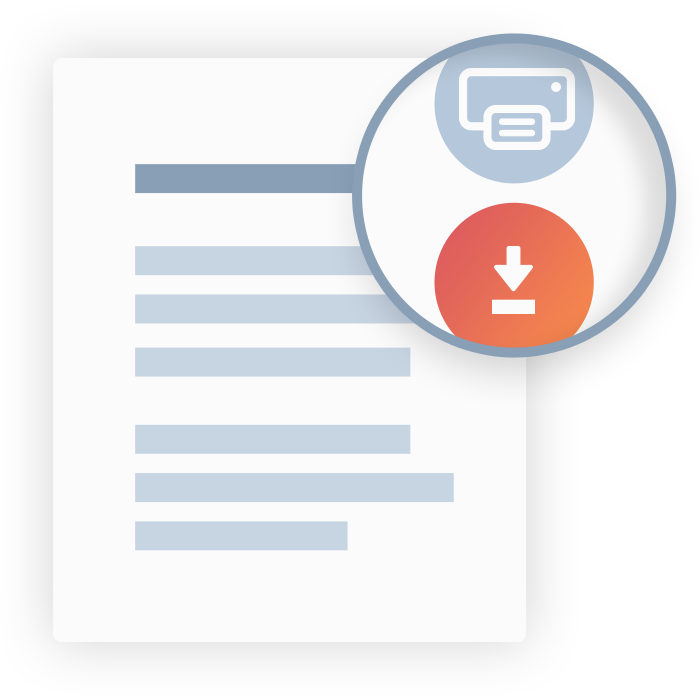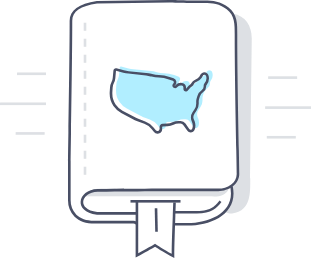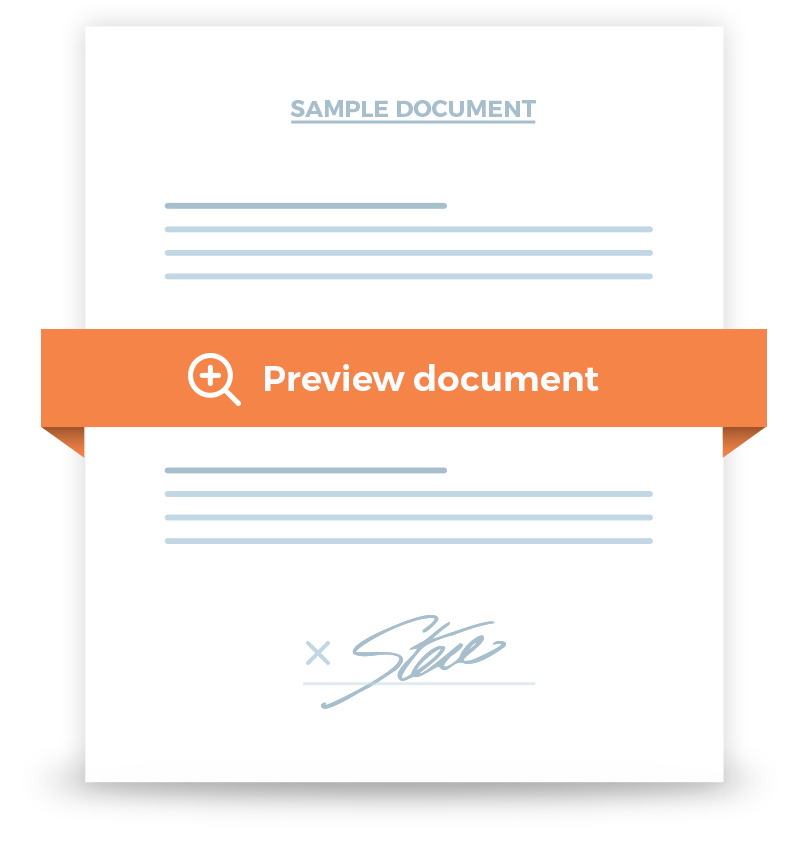Loan Agreement
A Loan Agreement between a lender and a borrower makes it possible to enforce the terms of the transaction in court.


Frequently Asked Questions
Yes, there are several types of promissory notes. The difference between them depends on due dates and payment structure.
- Amortized Payment Promissory Note: The borrower pays the lender back in equal installment payments consisting of both principal and interest. There is no due date; the term of the note ends when the loan has been paid back in full.
- Demand Promissory Note: There are no mandatory installment payments. There is also no set due date for the note. Instead, the entire amount becomes due when the lender decides that it is due (with sufficient notice given to the borrower).
- Installment Payment Promissory Note: The borrower pays the lender back in equal installment payments of both principal and interest. There is a due date for the entire amount, at which point the borrower will have to make one final payment of the loan's remaining balance.
- Interest Only Installment Payments: This hybrid promissory note requires the borrower to make installment payments of interest, but the principal will not be due until the defined due date.
- Lump-Sum Promissory Note: The borrower is not required to pay anything on the promissory note until the designated due date, at which point all of the interest and principal of the loan becomes due.
Don't worry if this is a bit confusing. When you get your Promissory Note through Swyft Forms, the correct form will be automatically generated for you based on your answers to our simple questionnaire.
An event of default is a condition which, if met, will cause the principal and all accrued interest to be made immediately due and payable. Such events include:
- Nonpayment for a certain number of days: The borrower is a predetermined number of days late on a payment or is late twice in one 12-month period.
- Bankruptcy: The borrower declares bankruptcy, or a bankruptcy proceeding is brought against the borrower.
- Default under Connected Agreement: The borrower defaults on a connected agreement, such as a mortgage or vehicle purchase contract.
Both documents serve as evidence of a debt between two parties, but a Promissory Note is generally less complex than a Loan Agreement.
A Loan Agreement is more formal and usually easier to enforce in a legal setting. Promissory Notes are still legally-binding, but a loan agreement might be a better option if there are multiple borrowers or if the loan involves a large sum of money.
No. Promissory notes do not need to be notarized. The borrower only needs to sign the document to make it legally enforceable. A witness may be helpful if one party contests the note, but a notary is not necessary. However, the use of a notary ensures that no one challenges any signatures later and is a secure way to firmly establish the effectiveness of your document.
No, collateral can be pledged in any amount. The only intervening factor is whether the borrower and the lender agree on a specific asset to be used as collateral.
If the collateral's value exceeds the debt, and the lender recovers more than the outstanding balance of the loan, the surplus amount is returned to the borrower or other debtors.
There is no set interest rate for Promissory Notes, but rates cannot be chosen frivolously. Most states have usury laws to ensure interest rates don't exceed a reasonable limit.
A good place to start is by checking one of the many rate calculators offered on most major banks' websites. You can also choose to charge no interest if the loan is for a friend or family member.
If a Promissory Note is not backed by any collateral, there's no material asset you can seize in lieu of payment. However, that doesn't mean you're out of options.
Even unsecured Promissory Notes should have a clause establishing actions that will follow a default. Typically, these actions may include hiring a collection agency or taking legal action through a civil suit.




